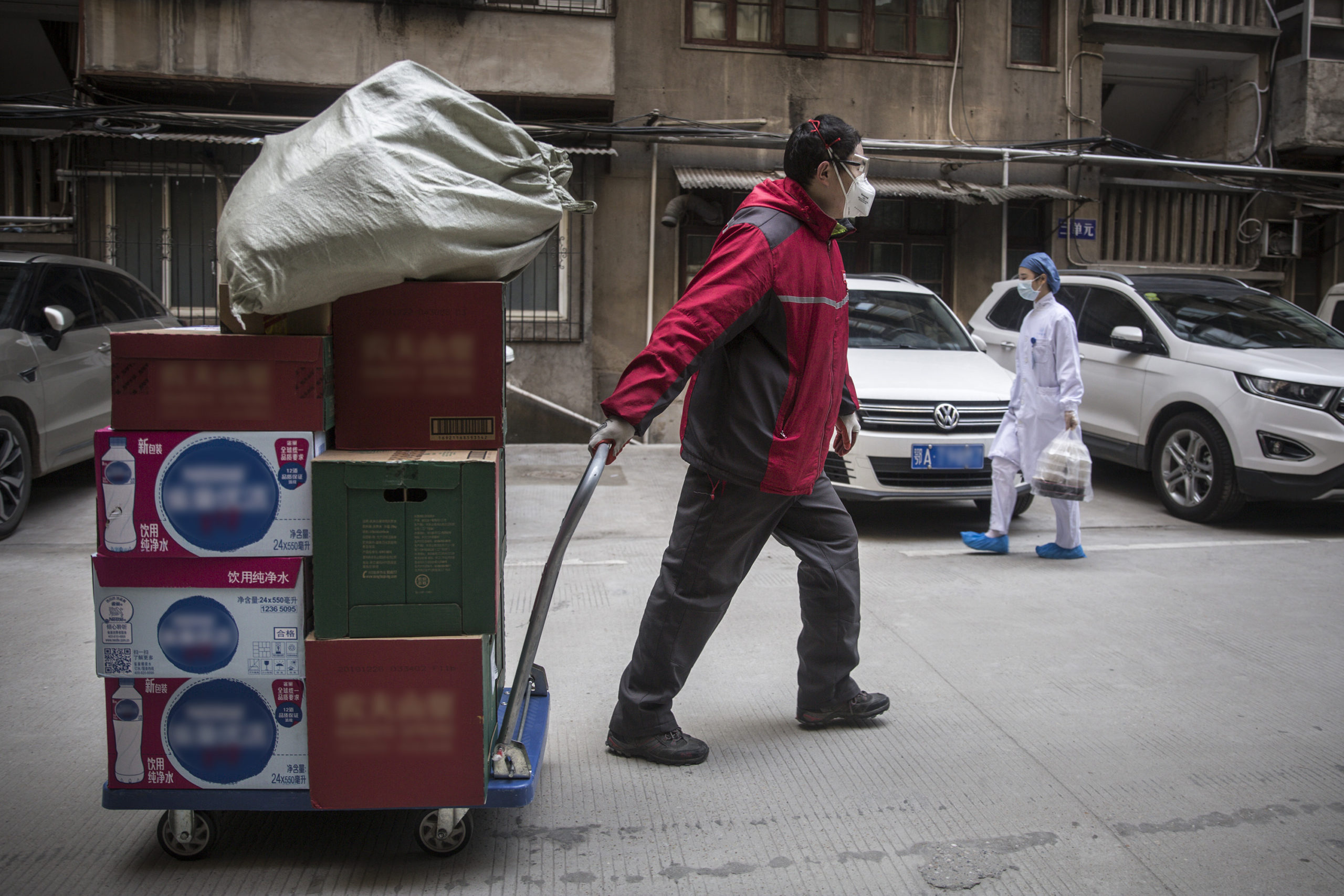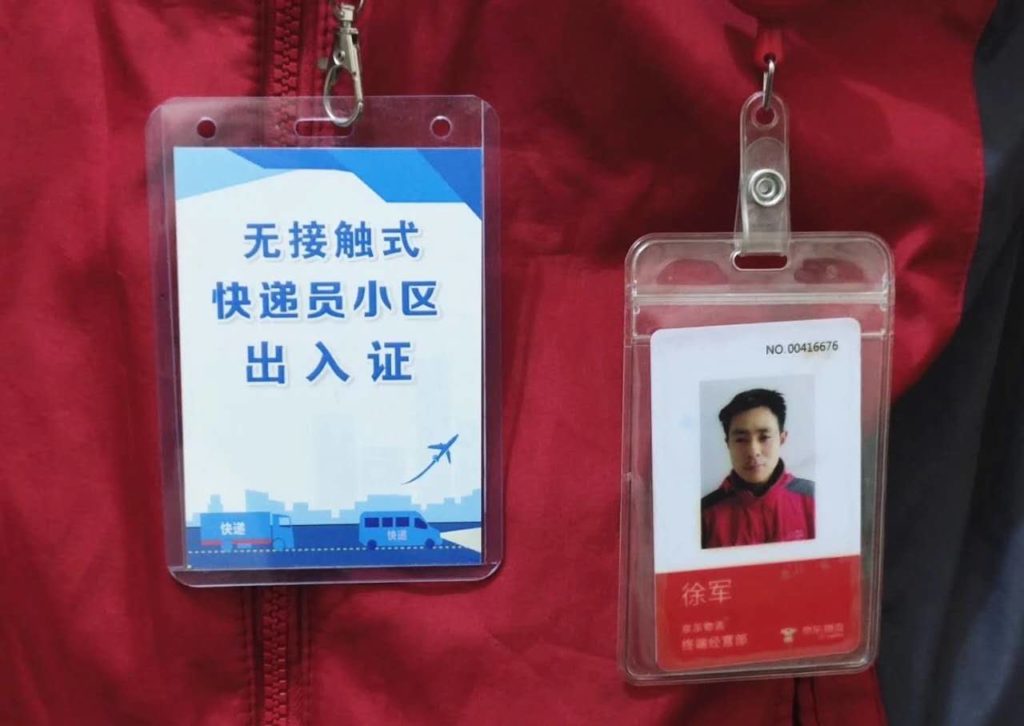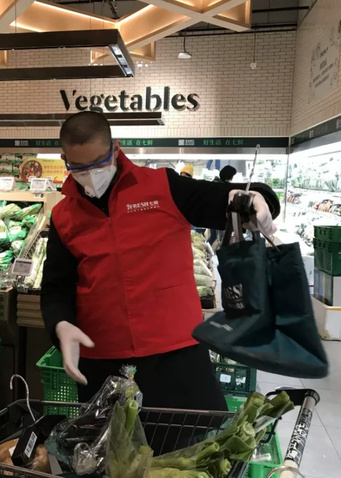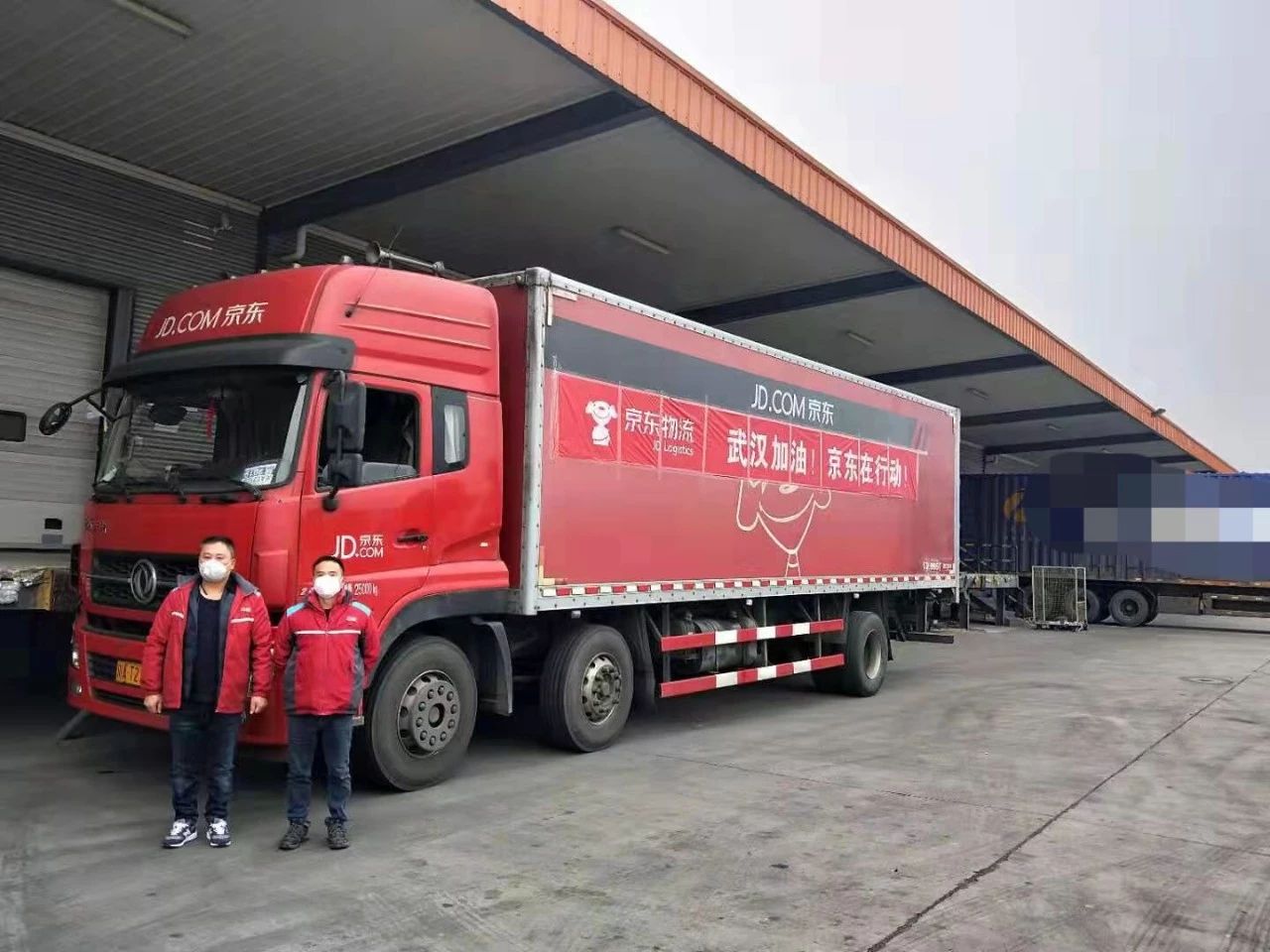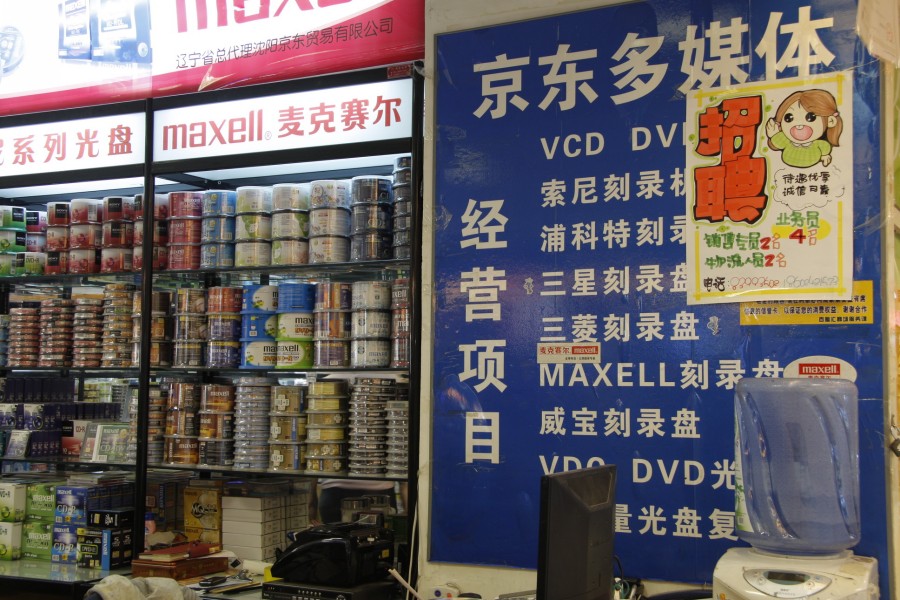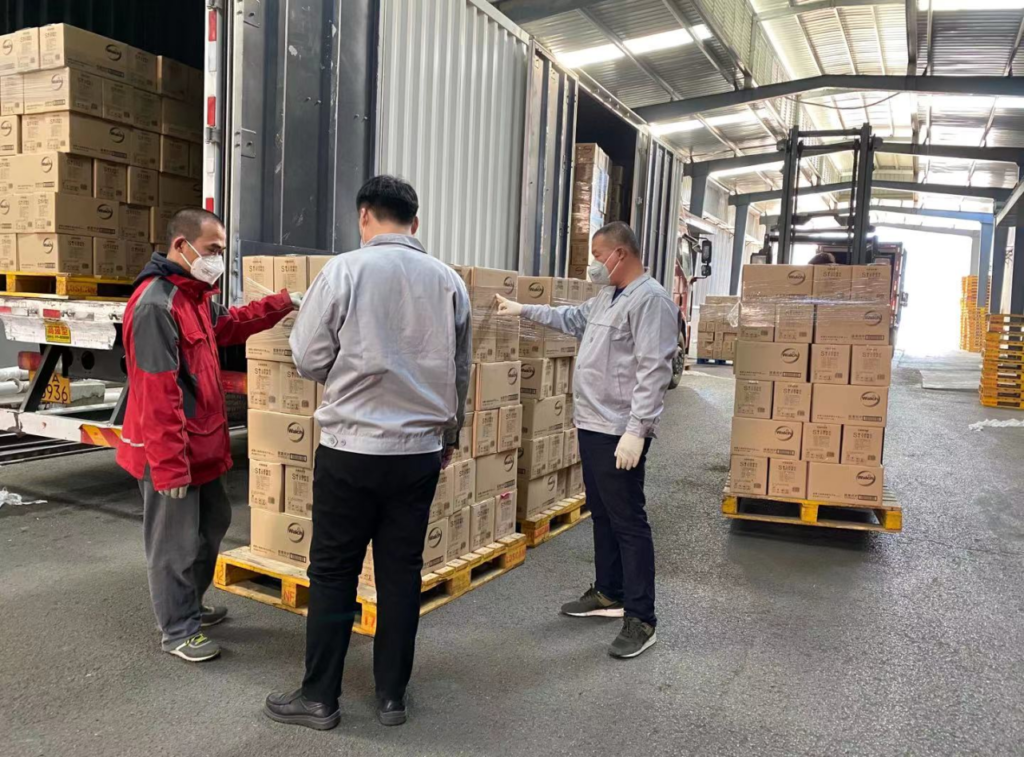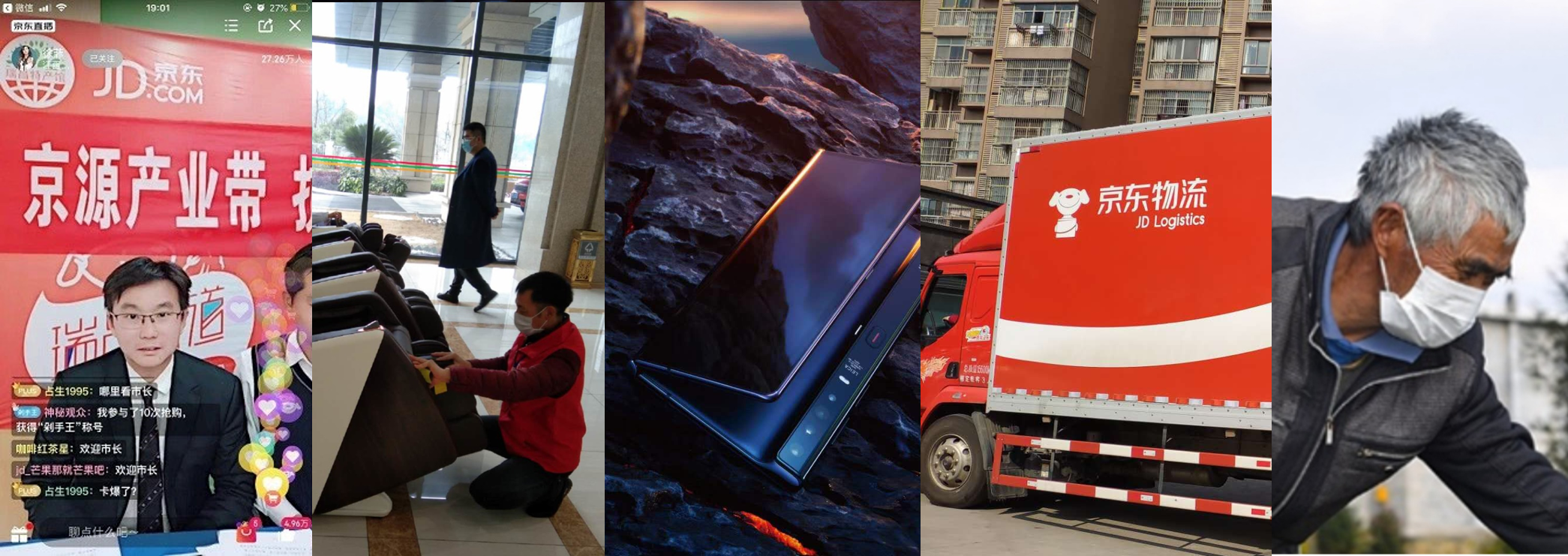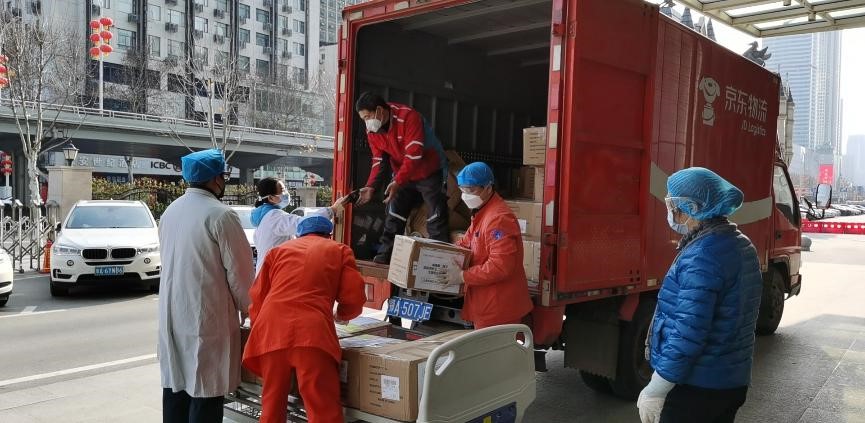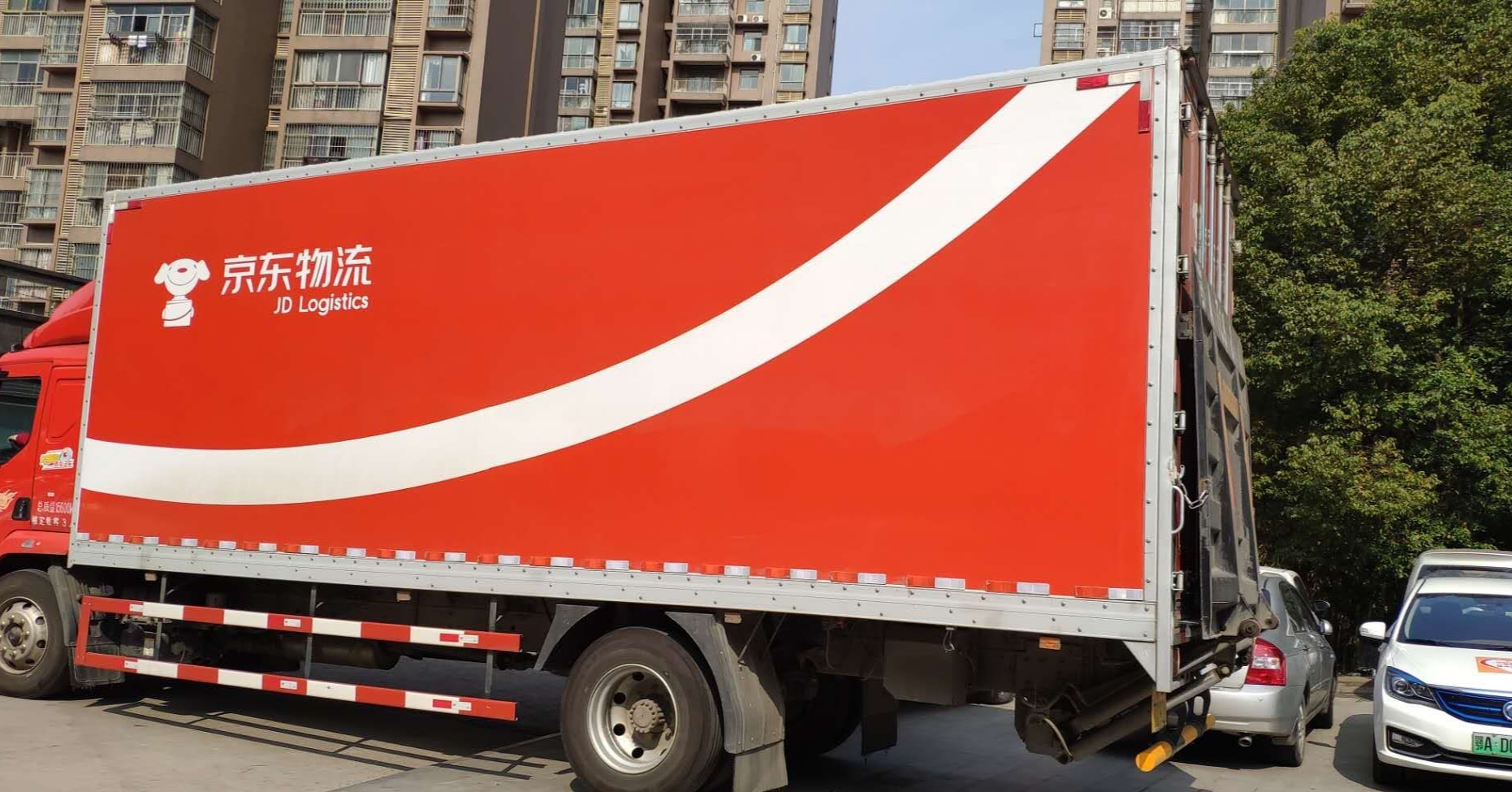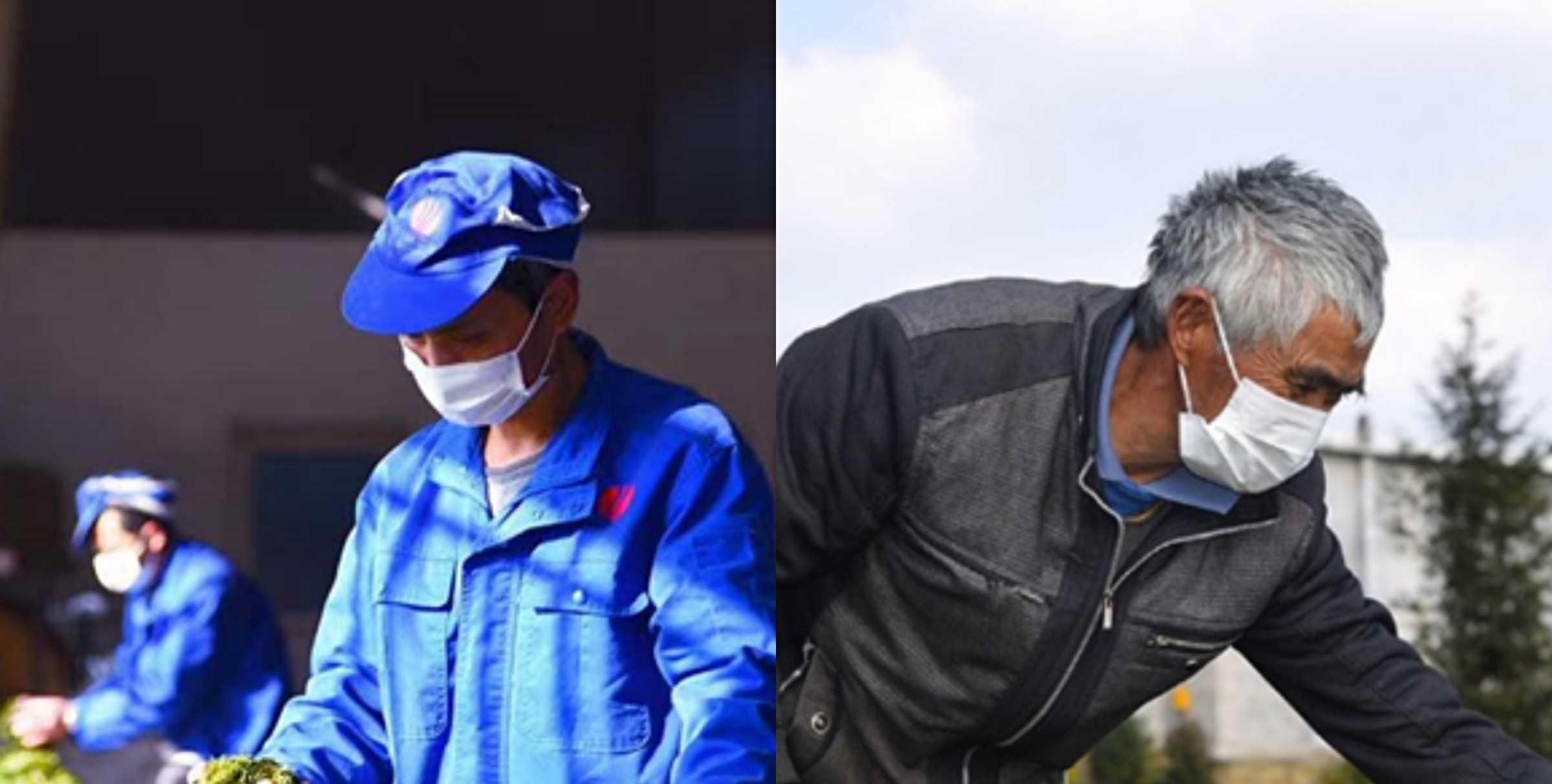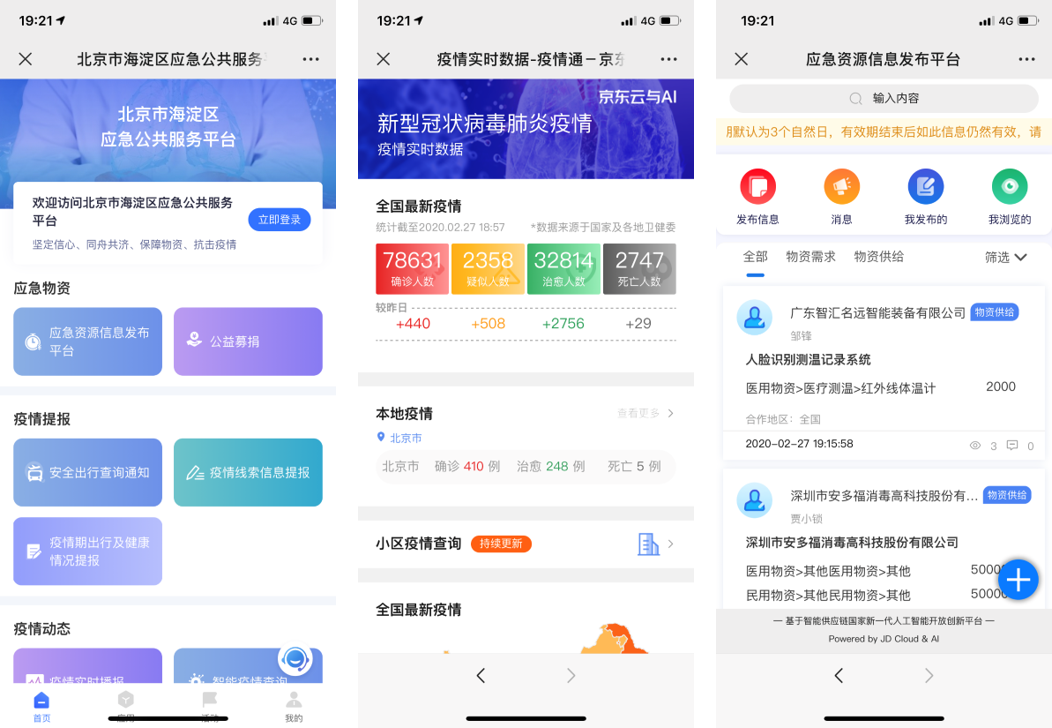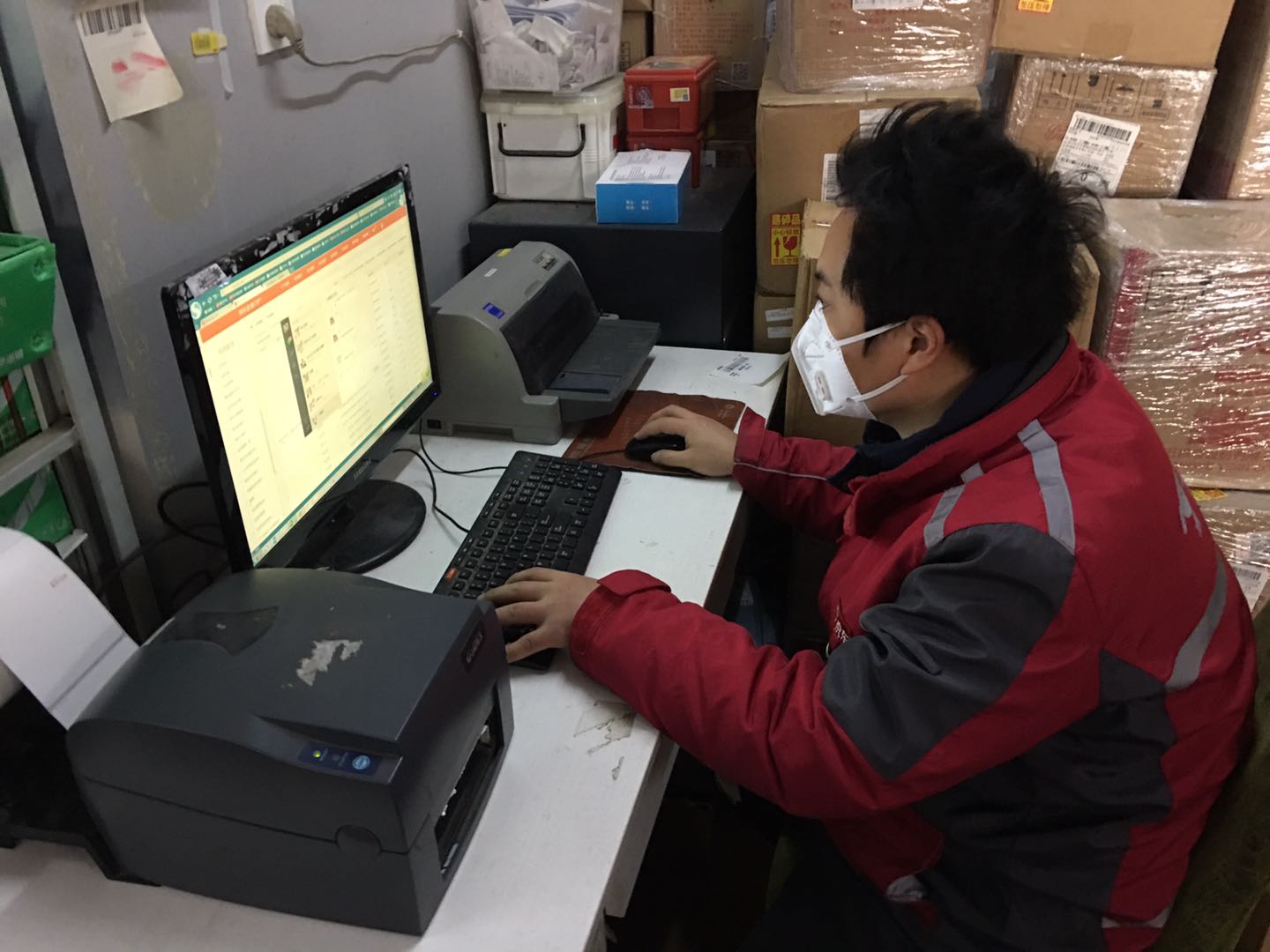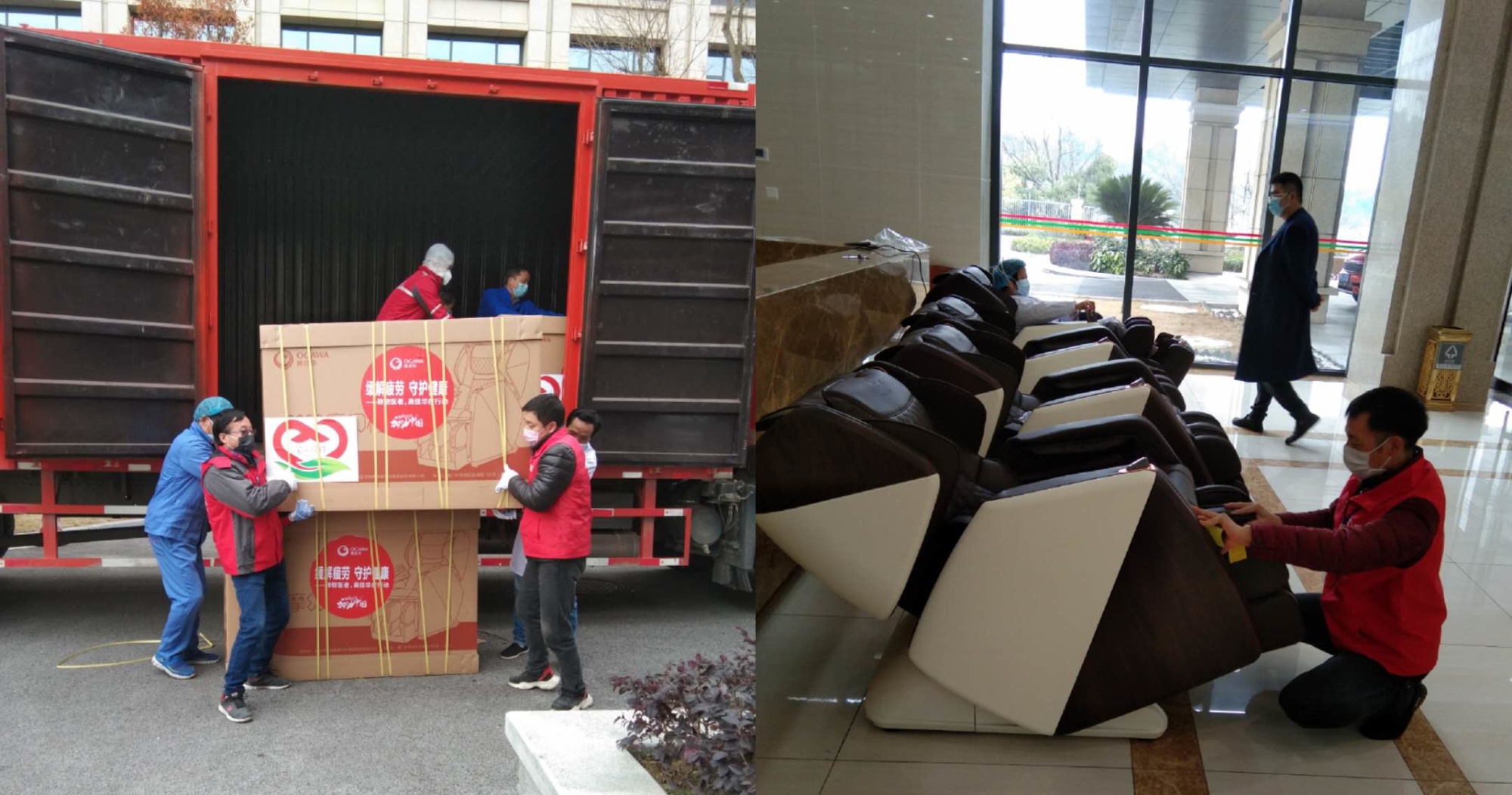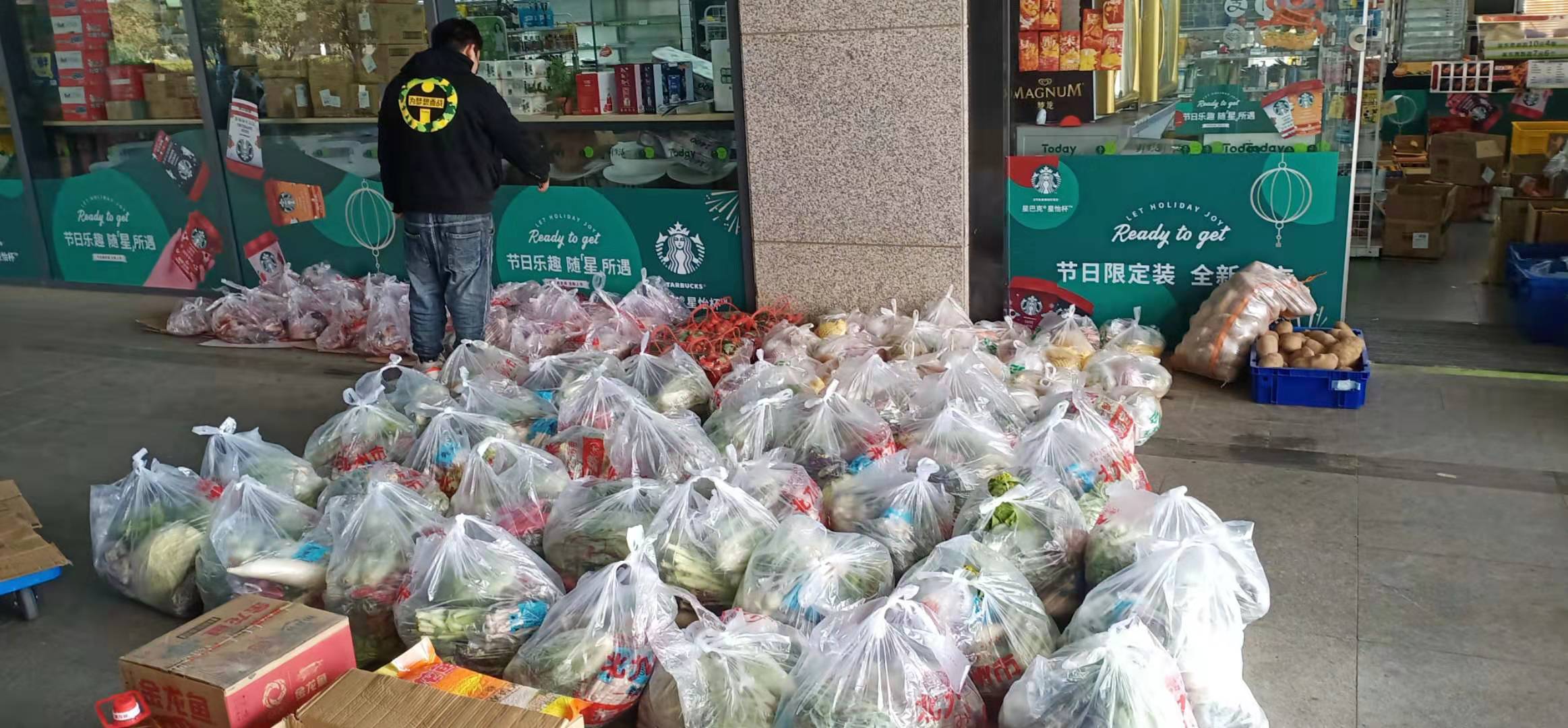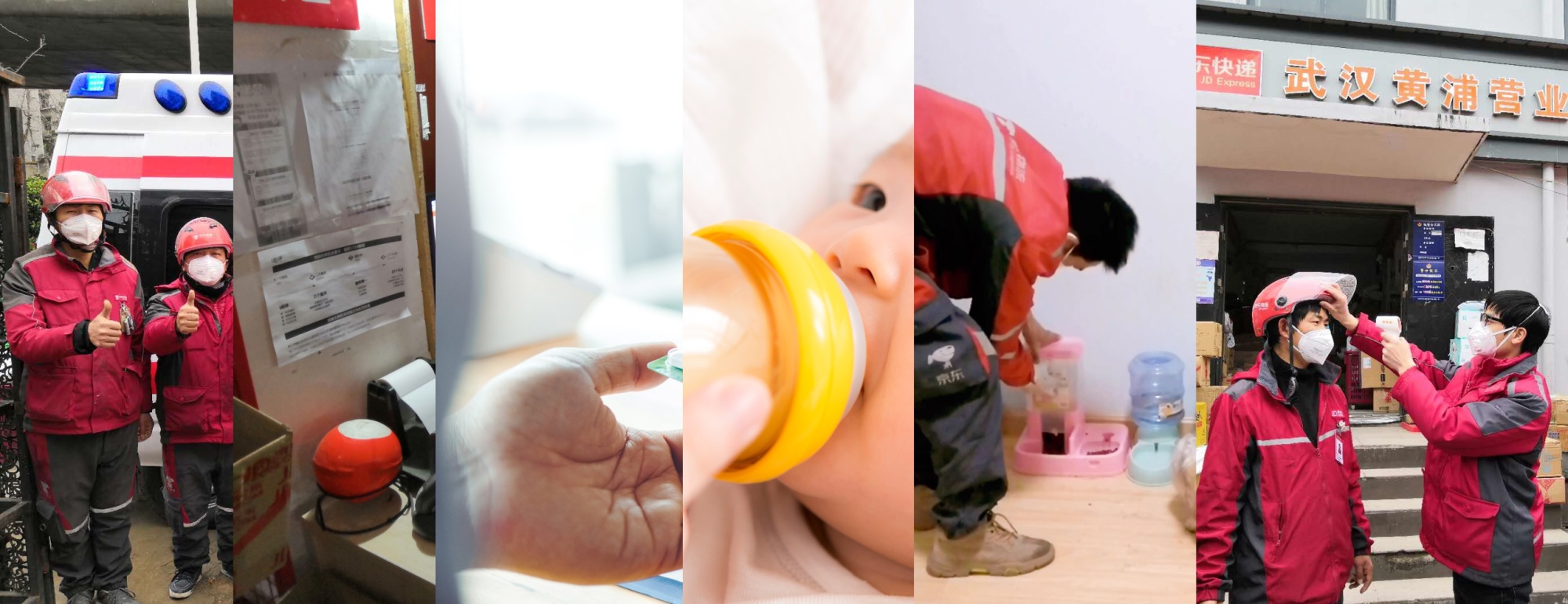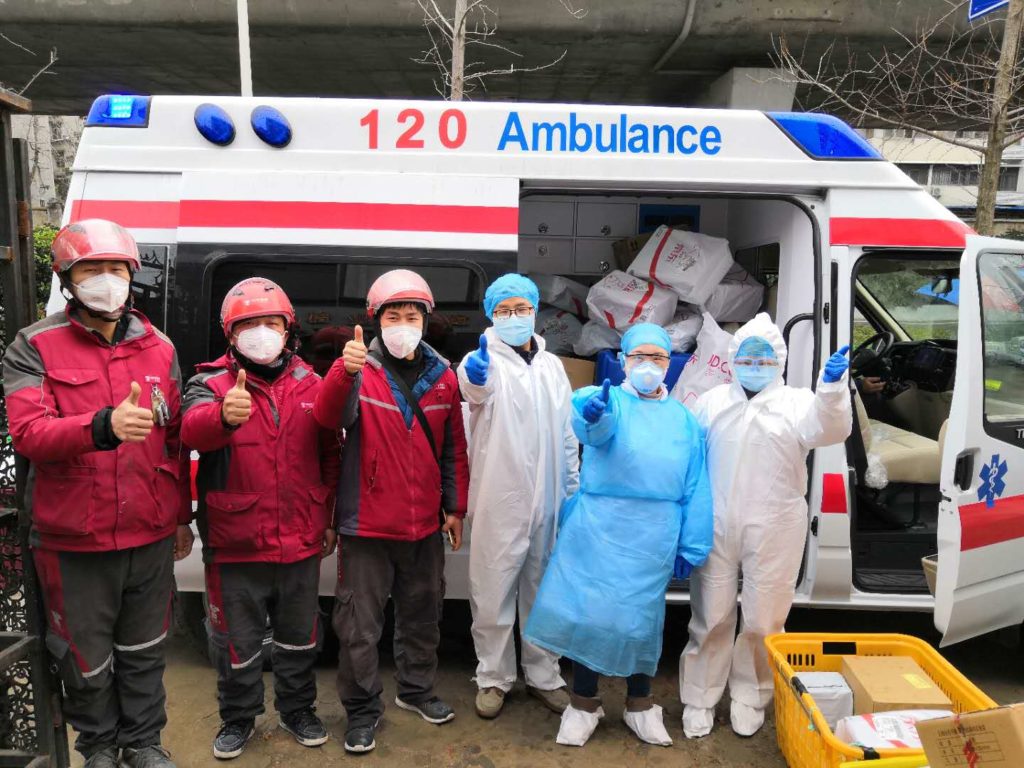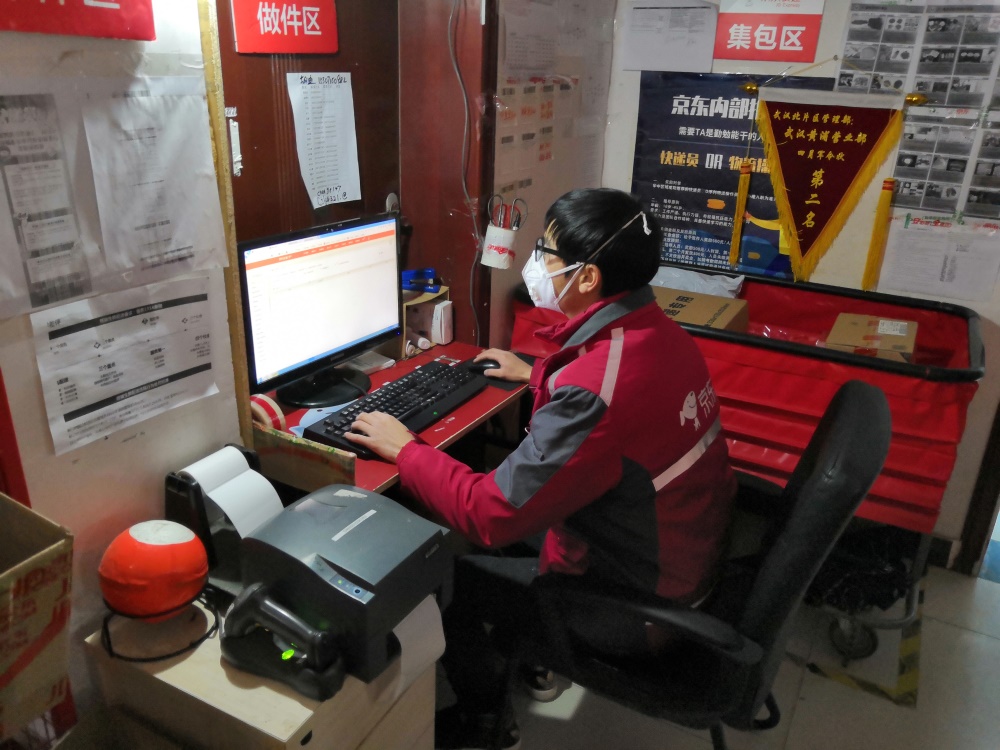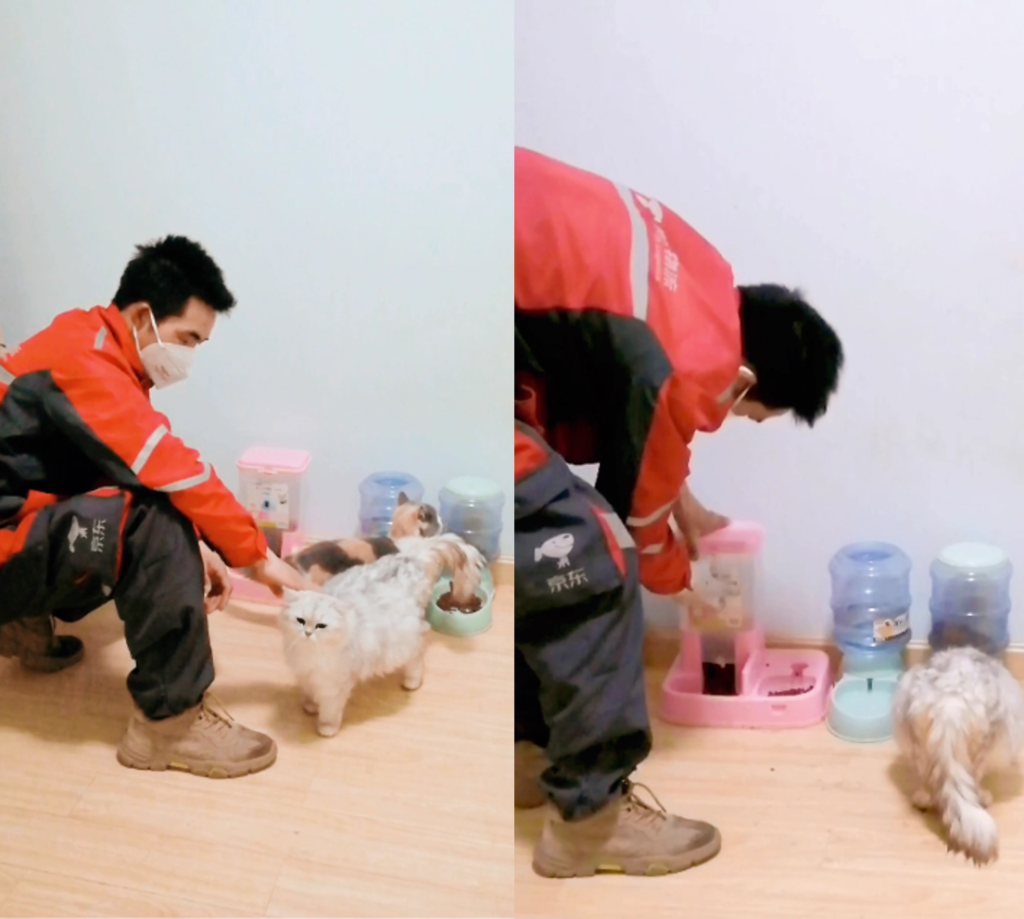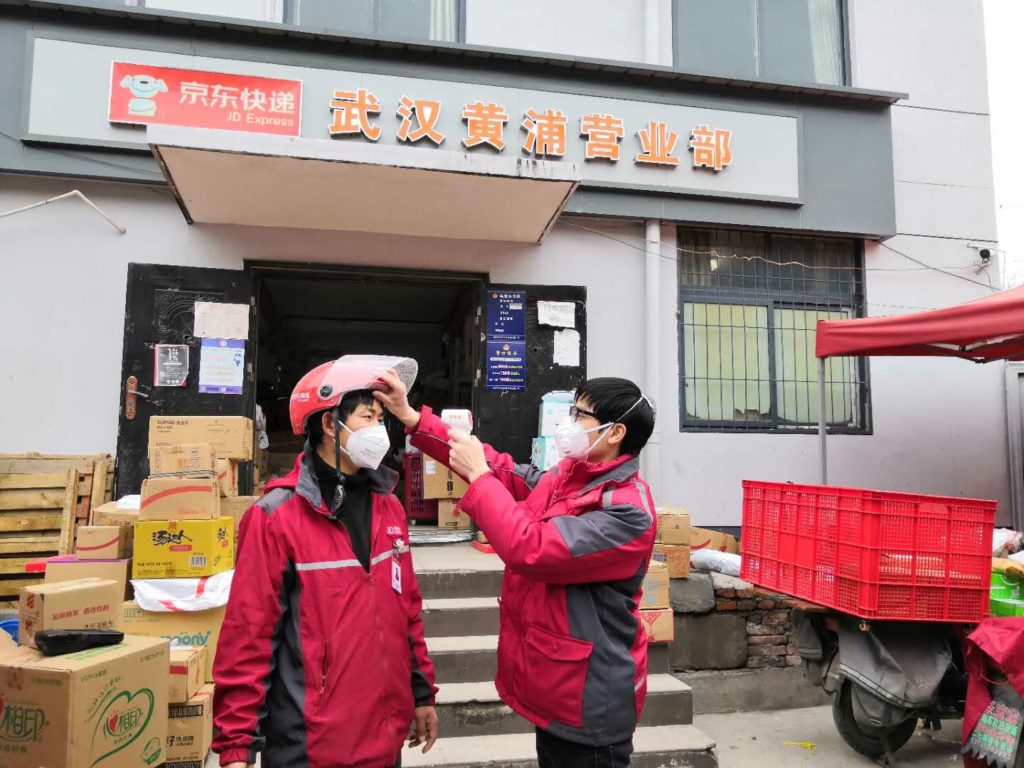Beijing, China—March 2, 2020—JD.com, Inc. (NASDAQ: JD), China’s leading technology driven e-commerce company and retail infrastructure service provider, today announced its unaudited financial results for the quarter and the full year ended December 31, 2019.
Fourth Quarter and Full Year 2019 Highlights
- Net revenues for the fourth quarter of 2019 were RMB170.7 billion (US$[1]5 billion), an increase of 26.6% from the fourth quarter of 2018. Net service revenues for the fourth quarter of 2019 were RMB21.0 billion (US$3.0 billion), an increase of 43.6% from the fourth quarter of 2018. Net revenues for the full year of 2019 were RMB576.9 billion (US$82.9 billion), an increase of 24.9% from the full year of 2018. Net service revenues for the full year of 2019 were RMB66.2 billion (US$9.5 billion), an increase of 44.1% from the full year of 2018.
- Income from operations for the fourth quarter of 2019 was RMB529.5 million (US$76.1 million), compared to loss from operations of RMB9 million for the same period last year. Non-GAAP[2] income from operations for the fourth quarter of 2019 was RMB704.0 million (US$101.1 million), compared to RMB313.0 million for the fourth quarter of 2018. Income from operations for the full year of 2019 was RMB9.0 billion (US$1.3 billion), compared to loss from operations of RMB2.6 billion for the same period last year. Non-GAAP income from operations for full year of 2019 increased by 364% to RMB8.9 billion (US$1.3 billion) with a non-GAAP operating margin of 1.5%, as compared to RMB1.9 billion for the full year of 2018 with a non-GAAP operating margin of 0.4%.
- Net income attributable to ordinary shareholders for the fourth quarter of 2019 was RMB3.6 billion (US$0.5 billion), compared to a net loss attributable to ordinary shareholders of RMB4.8 billion for the same period last year. Non-GAAP net income attributable to ordinary shareholders for the fourth quarter of 2019 was RMB810.7 million (US$116.5 million), compared to RMB749.9 million for the same period last year. Net income attributable to ordinary shareholders for the full year of 2019 was RMB12.2 billion (US$1.8 billion), compared to a net loss attributable to ordinary shareholders of RMB2.5 billion for the full year of 2018. Non-GAAP net income attributable to ordinary shareholders for the full year of 2019 increased by 211% to RMB10.7 billion (US$1.5 billion), compared to RMB3.5 billion for the full year of 2018.
- Diluted net income per ADS for the fourth quarter of 2019 was RMB2.44 (US$0.35), compared to diluted net loss per ADS of RMB3.32 for the fourth quarter of 2018. Non-GAAP diluted net income per ADS for the fourth quarter of 2019 was RMB0.54 (US$0.08), compared to RMB0.51 for the same quarter last year. Diluted net income per ADS for the full year of 2019 was RMB8.21 (US$1.18), compared to diluted net loss per ADS of RMB1.73 for the full year of 2018. Non-GAAP diluted net income per ADS for the full year of 2019 was RMB7.25 (US$1.04), as compared to RMB2.35 for the full year of 2018.
- Operating cash flow for the full year of 2019 increased to RMB24.8 billion (US$3.6 billion) from RMB20.9 billion for the full year of 2018. Free cash flow, which excludes the impact from JD Baitiao receivables included in the operating cash flow, for the full year of 2019 increased to inflow of RMB19.5 billion (US$2.8 billion), compared to outflow of RMB7.9 billion for the full year of 2018.
- Annual active customer accounts[3] increased by 18.6% to 362.0 million in 2019 from 305.3 million in 2018. Mobile monthly active users[4] in December 2019 increased by 41% as compared to December 2018.
“We achieved robust top-line growth for the fourth quarter as Chinese consumers increasingly associate the JD brand with trust and reliability,” said Richard Liu, Chairman and Chief Executive Officer of JD.com. “We also saw strong customer growth, especially in China’s lower-tier cities, driven by innovative marketing, superior product selection and better customer service.”
Richard Liu continued, “Since late January, we’ve spared no effort in the fight against COVID-19 in China. Our leading supply chain and logistics network have been called upon to address unmet needs across China. We’ve been ensuring consumers’ livelihoods while partnering with public institutions to ensure access to emergency supplies. In Hubei, the epicenter of the outbreak, we have been providing medical supplies and facilitating relief organizations to maintain continuous supply to hospitals, in addition to rolling out a suite of innovations across our business to help the country. All of us at JD will continue working around the clock to help Chinese consumers, merchants and communities get through this challenging time.”
“We are pleased to conclude 2019 with another strong set of results in the fourth quarter,” said Sidney Huang, Chief Financial Officer of JD.com. “The year 2019 sets a new milestone in our corporate history with record earnings and excellent cash flow on an annual basis as our continued investments in infrastructure and technology began to yield solid financial results. Our vertically integrated ecommerce model, resilient self-built logistics network and high level of consumer trust allow us to continue serving consumers effectively now and in the long term.”
Business Highlights
Environment, Social and Governance
- Following the coronavirus outbreak, JD reacted swiftly to ensure the smooth transportation and supply of key medical resources and daily necessities nationwide by leveraging its in-house delivery team and its capabilities in areas including supply chain, logistics infrastructure and related technologies. JD Retail promptly donated over one million face masks, as well as a significant amount of drugs and medical supply items on January 24th, 2020, to help residents in Hubei, the epicenter province. JD Logistics, one of three logistics companies recommended to offer logistics solutions in Wuhan, the epicenter of the outbreak, has made emergency medicine deliveries for local pharma companies, prioritized orders from hospitals and medical institutions and established an express route for transporting relief supplies from throughout China to Wuhan. Cooperating with over 30,000 doctors, JD Health launched 24/7 free online medical consultation and psychological counselling services. JD Health also invited leading medical specialists to hold livestreaming sessions, providing the public with clinical disease information and preventative measures. In addition, JD has rolled out a series of measures to subsidize and support coronavirus-hit merchants on its platform, including fee reductions and waivers as well as financing, logistics, marketing and technology support. JD has also introduced additional preferential policies for merchants in Hubei province.
JD Retail
- In the fourth quarter, JD.com made further progress in its Consumer to Manufacturer (C2M) initiative, which helps brands to provide tailored products on JD’s platforms by leveraging the company’s big data capabilities and consumer insights. During the Singles Day Shopping Festival in 2019, JD saw increasing popularity with its C2M products. Sales of tailored personal computers increased by over 490%, and sales of customized refrigerators and washing machines also increased substantially.
- As part of the company’s omnichannel strategy, on November 11, JD.com launched JD E-SPACE, a 50,000 square-meter experience store in Chongqing. The super store provides customers a unique and immersive experience in which they can fully interact with innovative electronics and smart products from over 1,000 brands. In-store customers can purchase products online through the JD platform and enjoy fast direct-to-door delivery. In the fourth quarter, 7FRESH, JD’s offline fresh food supermarket brand, launched two new omnichannel store formats: 7FRESH LIFE and SEVEN FUN, in Beijing. 7FRESH LIFE is a 24/7 fresh food supermarket that provides in-store purchase and online order delivery options of groceries as well as meal solutions for customers in the surrounding local community. SEVEN FUN is a lifestyle space located in Beijing’s business district and provides various meal and leisure options for local professionals.
JD Logistics
- In the fourth quarter, JD Logistics launched its largest Asia No.1 warehouse in Dongguan, located near Shenzhen, greatly improving product availability in the Guangdong-Hong Kong-Macao Greater Bay Area and helping enterprise customers lower logistics costs. As of the end of 2019, JD has established Asia No.1 mega warehouses in 17 cities across China, forming the largest smart warehouse cluster in Asia. In the fourth quarter, two ultra-large sorting centers began operations in JD’s Chengdu and Wuhan Asia No.1 warehouses, each able to handle over one million daily orders, greatly enhancing JD Logistics’ ability to serve consumers in southwest and central China.
- In the fourth quarter, JD Logistics formed a partnership with Mannings, Hong Kong’s largest health and beauty products chain store. JD Logistics will provide Mannings with comprehensive logistics solutions including international transportation, customs clearance, sorting and delivery. JD Logistics’ strong network and international supply chain capabilities will help Mannings to deliver high-quality products to customers in China in a highly effective and transparent manner.
- As of December 31, 2019, JD Logistics operated over 700 warehouses, which covered an aggregate gross floor area of approximately 16.9 million square meters, including warehouse space managed under the JD Logistics Open Warehouse Platform.
Equity Investees Update
- com joint venture, DADA Group, formerly known as Dada-JD Daojia, China’s leading on-demand logistics and omnichannel e-commerce platform, saw robust growth during the 2019 Singles Day Shopping Festival, with sales on the JD Daojia platform almost doubling year over year and sales surging 5.7 times in the third and fourth tier cities compared to last year as consumers welcomed the convenience of its one-hour shopping delivery service. To date, JD Daojia has formed partnerships with over 70 first-tier international and domestic FMCG brands, and Dada Now, its logistics network covers over 2,400 counties and cities across the country, adding important supplementary capacity to JD Logistics’ infrastructure. In response to the coronavirus outbreak, JD Daojia has partnered with over 50 supermarket chains as well as nearly 30 community grocery chains to meet the enormous demand for to-door delivery of fresh produce. DADA Group has also launched a fast track allowing retailers and brands to join the platform within 24 hours, helping merchants to offer on-demand fulfillment solutions in the current capacity-constrained environment.
Operational Metrics Update
- As of December 31, 2019, JD.com had over 270,000 merchants on its online marketplace, and over 220,000 employees excluding part-time and interns.
[1] The U.S. dollar (US$) amounts disclosed in this press release, except for those transaction amounts that were actually settled in U.S. dollars, are presented solely for the convenience of the readers. The conversion of Renminbi (RMB) into US$ in this press release is based on the exchange rate set forth in the H.10 statistical release of the Board of Governors of the Federal Reserve System as of December 31, 2019, which was RMB6.9618 to US$1.00. The percentages stated in this press release are calculated based on the RMB amounts.
[2] See the sections entitled “Non-GAAP Measures” and “Unaudited Reconciliation of GAAP and Non-GAAP Results” for more information about the non-GAAP measures referred to in this press release.
[3] Annual active customer accounts are customer accounts that made at least one purchase during the twelve months ended on the respective dates, whether through online direct sales or online marketplaces.
[4] Mobile monthly active users in a given month are the number of unique mobile devices that were used to visit JD mobile app at least once during that month.






